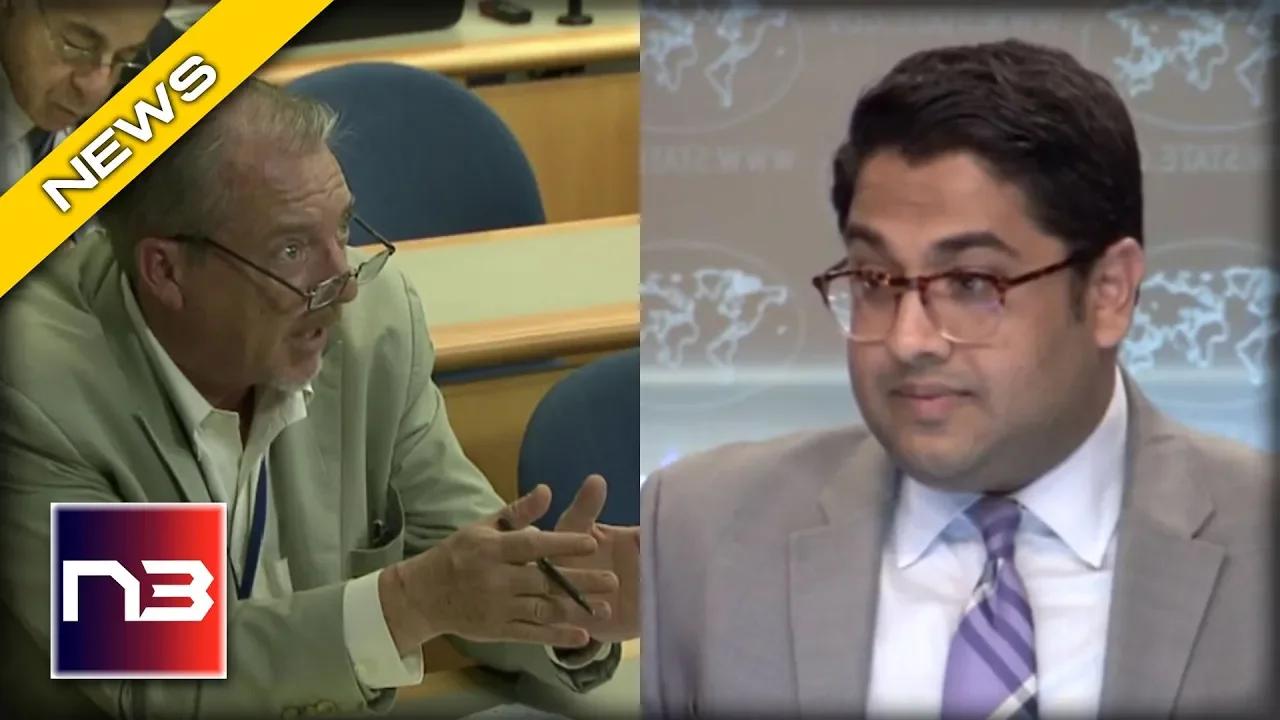In an age characterized by rapid social change and cultural upheaval, the Bahá’í teachings resonate profoundly, offering guidance and inspiration to individuals seeking purpose and unity. Central to these teachings is the concept of revelation, which is perceived as an ever-unfolding process, embodying the divine will and adapting to the needs of humanity. This article delves into the essence of Bahá’í teachings, particularly focusing on the thematic nuances of “The Songs of the New Age: Listening to a New Revelation.” Readers will encounter a spectrum of insights, ranging from the principles of spiritual enlightenment to the practical applications of these teachings in everyday life.
To embark on this exploration, one must first understand the significance of divine revelation in Bahá’í thought. Unlike static religious texts, the Bahá’í perspective posits that God continually communicates with humanity through a succession of prophets or “Manifestations of God.” These divine figures, including Abraham, Moses, Jesus, Muhammad, and most recently Bahá’u’lláh, convey messages that are tailored to the historical and cultural contexts of their respective eras. The concept of “progressive revelation” posits that each messenger builds upon the teachings of those before, culminating in a comprehensive spiritual framework that addresses contemporary challenges.
At the core of Bahá’í teachings is the emphasis on unity—the oneness of humanity, of religion, and of the universe. This principle serves as a thematic thread that connects the new revelations of today with the wisdom of the past. Drawing upon the metaphor of music, believers are encouraged to recognize the harmonies of truth that unite the teachings of various prophets. Just as musical chords can resonate in different ways under varying circumstances, the messages of the Manifestations are applicable to a diverse array of social, cultural, and spiritual contexts.
Another vital aspect to consider is the impact of spiritual practices on personal transformation. The Bahá’í faith strongly advocates for contemplative exercises—prayer, meditation, and service—as pathways to enlightenment. Engaging in prayer facilitates a connection to the divine, fostering an internal dialogue that elevates one’s spirit towards a higher understanding. By practicing these disciplines systematically, individuals can unearth a deeper appreciation of their spiritual identity, intertwining their existence with the divine essence.
Furthermore, an exploration of the social teachings within the Bahá’í framework reveals essential imperatives for global citizenship. The call for universal education and gender equality, for instance, illustrates a proactive stance in addressing societal inequalities. In the context of contemporary challenges—such as climate change, economic disparity, and systemic racism—the Bahá’í teachings serve as a clarion call for collective action, urging individuals and communities to contribute positively to society. This multiplicity of social principles not only enriches the Bahá’í narrative but also establishes a framework for individuals to participate in the co-creation of a just and equitable world.
To illustrate the practical applications of these ideals, one may turn to the principle of consultation—an essential practice within Bahá’í communities. This collaborative process encourages individuals to engage in open dialogue, prioritizing mutual respect and collective decision-making. Such a methodology illustrates the value of diverse perspectives; when members of a community come together, their shared insights can yield profound wisdom. This democratic approach fosters unity while engendering a sense of belonging, transcending typical barriers present in polarized societies.
Moreover, the Bahá’í teachings advocate for a profound respect for the natural environment. The interconnectedness of all life forms is a recurring theme that emphasizes humanity’s responsibility towards the planet. Bahá’í writings stress the ethical imperative of stewardship over nature, elucidating that the health of the environment is intrinsically linked to human spiritual and societal well-being. As stewards of the Earth, individuals are called to engage in sustainable practices and foster a harmonious relationship with the natural world.
As listeners to the “Songs of the New Age,” readers are prompted to contemplate their roles within this intricate tapestry. Active participation in the Bahá’í community, attending gatherings, and engaging in study circles offers avenues for deeper understanding and shared reflection. Each interaction serves as a conduit for the infusion of divine wisdom into personal and collective consciousness.
In summary, the Bahá’í teachings encapsulate a profound reservoir of knowledge and guidance, poised to resonate with those seeking enlightenment in the modern era. Through the lens of “The Songs of the New Age,” believers are invited to not only listen to the tones of new revelation but also to engage actively with these teachings. Whether through individual spiritual practices, community involvement, or advocacy for societal change, each individual plays a vital role in the unfolding narrative of humanity’s spiritual evolution.
As these teachings continue to evolve, they beckon humanity to aspire towards unity, justice, and peace—a clarion call that reverberates across all cultures and time periods. Thus, embracing the songs of this new age is not merely an act of listening, but an invitation to embody these principles, ensuring that the foundational truths resonate harmoniously in our lives and the world at large.
